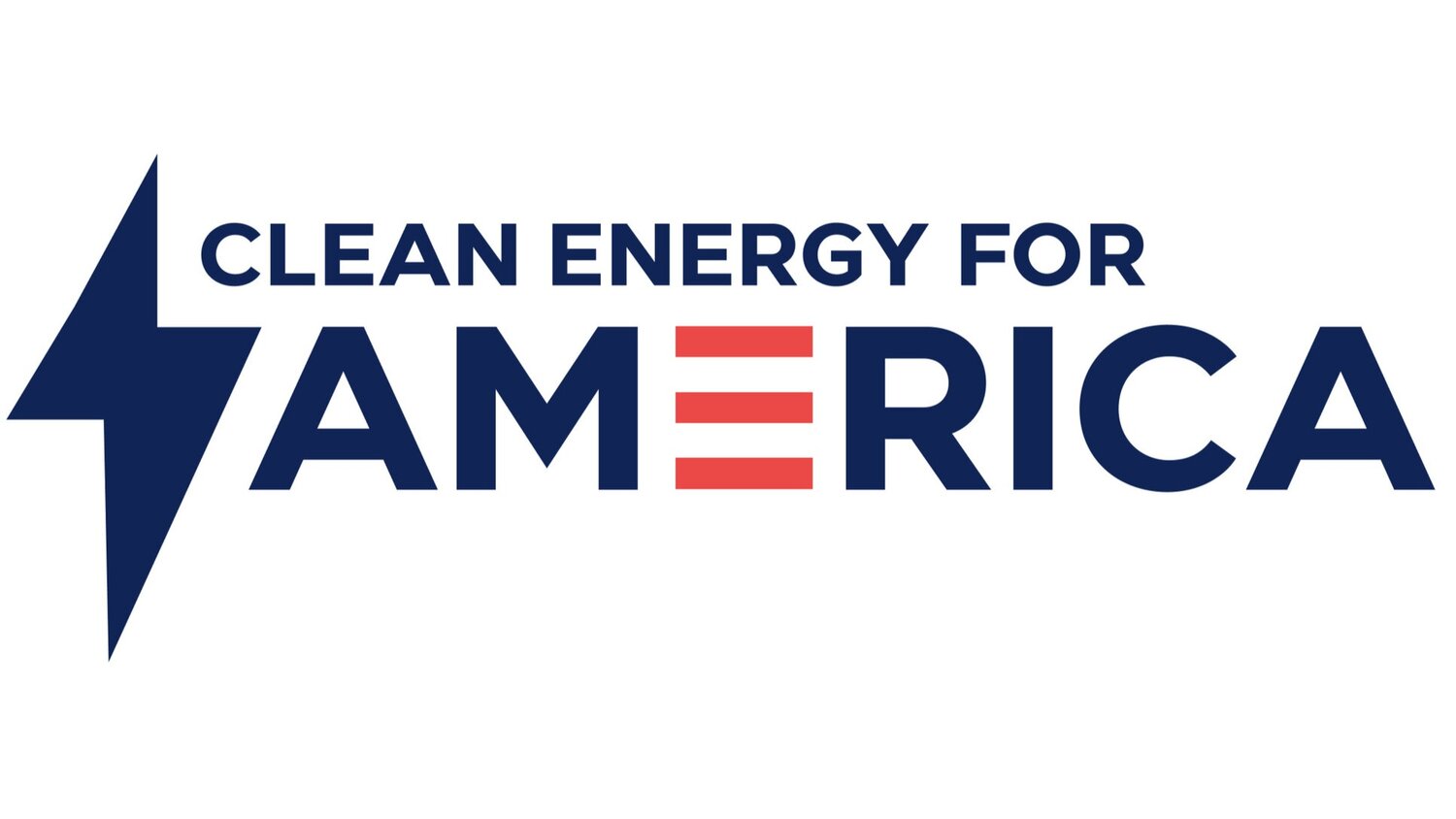Guest Contributor: Dark Money Clouds the Sunshine State
By Arley Smude, a concerned Florida citizen who holds Master of Public Administration with a focus on energy policy.
What if instead of reducing your electric bill, your utility company charged you for installing insulation in your attic, new windows, or anything that lowered how much electricity you use? And they told you the reason is that if you use less electricity, it is going to make poor people have to pay more.
That’s the logic of the anti-solar, anti-small business, and anti-free market HB741 bill that passed the Florida House and Senate. Along with adding taxes and fees to solar users, the bill—now on its way to the governor’s desk—creates a path to phase out the policy of net metering, which allows you to sell extra electricity you make from solar back into the grid, or put another way, to create competition for electric companies.
Energy policy is confusing and the people that make money off it know that. Electric companies say customers with solar aren’t paying enough, so it’s unfair that customers without solar have to make up the difference. Which may sound reasonable, except there is no evidence or study to support this, and less than 1% of households in Florida have solar. The bill was literally written by the FPL electric company and after a $3.2 million campaign of cash to our legislators, our representatives chose to protect utility profits and strengthen their monopoly over the common good.
Governor DeSantis can still veto the bill. In making that decision, perhaps he’ll considers these questions:
Why support a bill that hurts small businesses?
Conservatives for Clean Energy say the bill will cripple Florida solar businesses, because by changing net metering and adding fees, you take away peoples’ financial incentive to get solar.
There are 400-plus solar businesses in Florida.
40,000-plus Florida jobs are supported by the rooftop solar industry.
Many solar jobs include high-wage, local jobs that cannot be outsourced.
15% of new clean energy hires in Florida are veterans.
An alternative to this bill to help small businesses: Support policies that decrease the cost of solar by changing regulations dressed as permitting, code and tariffs.
Why support a bill that weakens the electric grid?
The bill continues the approach of an overreliance on out-of-state fuel sources.
Florida relies on piping in gas for 70% of electricity (double the national average, with $1 in $4 of your electricity dollars going out of Florida).
This makes us vulnerable to both price increases (2022 bills will increase because of gas) and energy security.
Do you think you’re more likely to lose power if it’s coming from a plant hundreds of miles away, powered by gas piped in from thousands of miles away, or from the rooftop of your house or neighbor’s house?
An alternative to this bill that would strengthen our electric grid: Support new programs that decentralize power, like TECO’s self-contained solar microgrid that is not impacted by grid power outages.
Why support a bill that’s anti-individual freedom?
Our electricity system is a government sanctioned monopoly, which might be OK if companies didn’t create regulations to limit our choices for the sake of their profits.
The bill creates a path for more taxes, fees and penalties if you generate your own power.
It’s already essentially illegal to disconnect from the grid and Florida is one of a few states that prohibit the sale of solar electricity directly to people, unless you’re an electric company.
An alternative that increases personal freedom: Reimburse people that send electricity into the grid at the peak times it’s needed, which reduces the need to build more power plants (this saves everyone money, because power plants are really expensive and the cost to build them is passed on to us, along with a guaranteed profit to utilities).
Why does solar keep getting attacked in Florida?
This is the most recent effort from electric companies in Florida to strengthen their monopoly. Like many things in life, it’s a matter of following the money.
Nancy Argenziano, former Florida Republican legislator and former chair of the commission that regulates Florida’s power companies explained, “The legislature is owned by the utilities. To me, it's extremely corrupt. The legislature takes millions from utilities, who make billions from [the decisions of] the [Florida Public Service Commission]. They get what they pay for."
In 2016 there was a ballot measure to impose more fees on solar users. The deceptive $20M campaign (of our money) by electric companies was disguised to appear pro-solar. It was so deceptive that it was called a “wolf in sheep’s clothing” by a Florida Supreme Court Justice. Luckily, Florida voters caught on and voted against it.
Last year, Rep. McClure sent a letter to the state agency that regulates electric companies asking them to update net metering. After they received more public input than any issue in history, they ruled that no changes are needed.
After Florida voters turned it down and the regulatory agency said it wasn’t necessary, the electric companies are taking a third route by making it a law.
Alternative: Advocate for policies that help the Sunshine state lead in job creation, grid resilience, and individual freedom, rather than laws written by electric companies to increase their profits.
With 84% of Floridians supporting pro-solar policies like net metering, despite the potential setback of HB741, I’m confident that ultimately the voices of Floridians will outweigh that of dark utility money.
——
Disclaimer: The views and opinions expressed in this article are those of the author and do not necessarily reflect the views or positions of Clean Energy for America.
